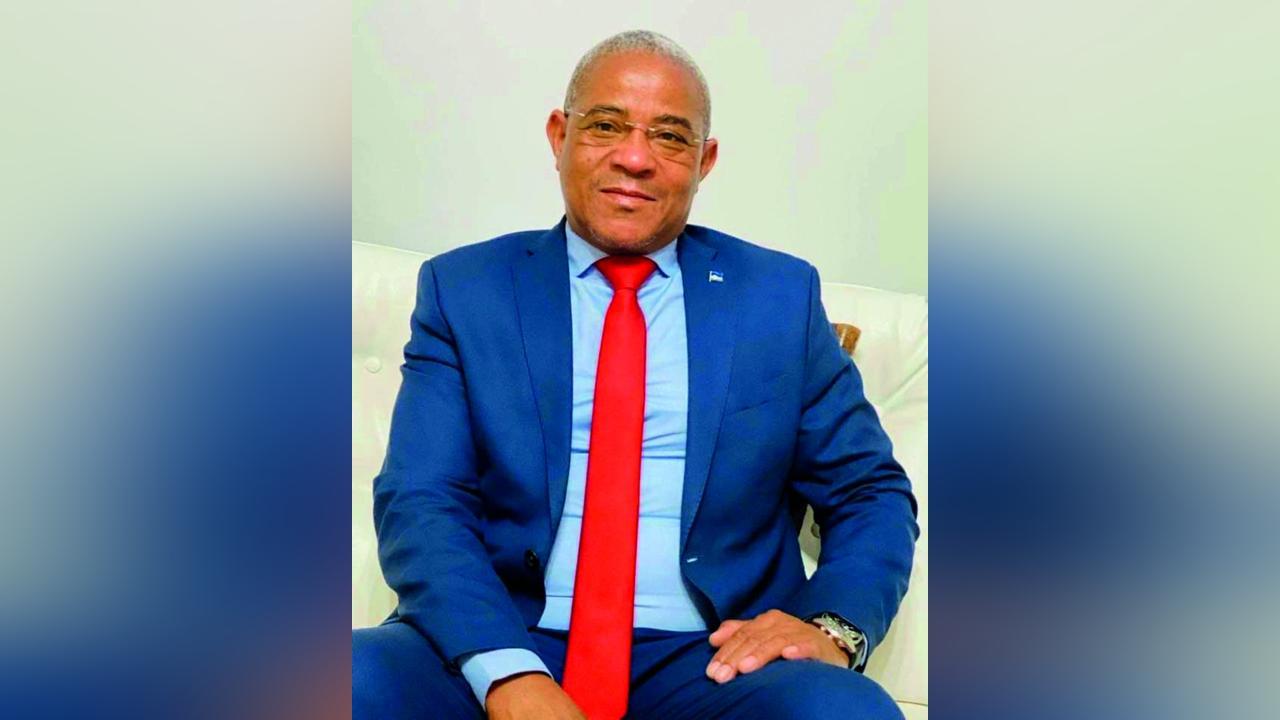Africa-Press – Cape verde. The leader of the parliamentary group of the African Party for the Independence of Cape Verde, João Baptista Pereira, is concerned about the lack of income among Cape Verdeans, the high percentage of young people seeking to emigrate, and the lack of action in promoting transparency, combating corruption, and strengthening institutions.
How is the country?
The country faces a glaring paradox in 2025. While the government is touting economic growth of 7.3% of GDP and the World Bank is upgrading Cape Verde to an Upper Middle Income Country, a considerable percentage of Cape Verdeans say they have difficulty getting three meals a day. On the other hand, there is a high percentage of Cape Verdeans who do not have access to healthcare due to lack of income. It should also be added that 76% of young people with secondary education are considering emigrating, 65% of people with higher education want to emigrate, and the percentage of people who said they would never emigrate fell from 46% in 2017 to 30% in 2024.
What’s better and what still needs improvement?
We would say that, despite the significant advances achieved over the 50 years of National Independence and the relatively favorable position that Cape Verde occupies in some international rankings, there is still much to be done. The truth is that almost everything needs to be improved, especially in light of the new demands of human and social development. The most worrying thing is that the country is currently facing an exhausted government — without ideas, without energy, and without the ability to innovate. Government performance has systematically deteriorated in crucial areas. According to recent research, 83% of Cape Verdeans consider the Government’s performance in reducing crime to be negative; 68% make the same assessment regarding the fight against corruption; 67% disapprove of healthcare management; and 58% negatively evaluate the Government’s provision of access to water and sanitation. And, among all these weaknesses, one of the most persistent and penalizing problems stands out: the weak connection between the islands, a direct reflection of the failure of the public policies adopted by the MpD in the transportation sector.
How do you evaluate the government’s dialogue with citizens and its responses to their needs?
According to the latest data from Afrosondagem, 91% of Cape Verdeans negatively assess the government’s performance in terms of maintaining prices, 84% believe that the government is incapable of reducing the gap between rich and poor, 83% believe that the government has not been able to create jobs, 78% believe that the government has not improved the living conditions of the poor, and 66% believe that the government has shown itself incapable of managing the economy. Given this data, one can only conclude that the Government is governing with its back to the citizens.
Has the Government done everything it can to promote transparency, combat corruption, and strengthen democratic institutions?
The Government has done absolutely nothing to promote transparency, combat corruption, and strengthen institutions. The Government defends itself with the new Court of Auditors Law and the creation of the Corruption Prevention Council, even though it knows that the Court of Auditors lacks the human and material resources to simultaneously monitor budget execution through performance audits, on the one hand, and the ineffectiveness of the Corruption Prevention Council, on the other. The Government does not accept access to management positions in the Administration through competitive examinations and adopts direct award as the preferred procedure for public procurement. The transfer of strategic assets from the State, from all Cape Verdeans, to the private sector without bidding, as is the case with inter-island maritime transport, the TACV and Cape Verde’s airports and airfields, are benchmarks of intransparent governance. Because of all this, despite the Government’s speeches, Cape Verdeans’ trust in democratic institutions has fallen systematically in recent years, with trust in the Armed Forces falling from 74% to 54% between 2022 and 2024, from 60% to 45% in the National Police, from 60% to 42% in the Judicial Courts, from 65% to 40% in the Presidency of the Republic, from 57% to 31% in the Prime Minister and from 48% to 29% in the National Assembly.
What can we expect for the country’s future in terms of economic and social development?
In terms of the future, we are confident that Cape Verde has everything it needs to make a qualitative leap in the coming decades. We have potential that justifies this dream. We have a large, qualified and supportive diaspora. We have a respected cultural heritage and a vibrant civil society. We have a privileged strategic location, in a context in which geography is increasingly becoming a key factor for nations. We believe that these ten windswept islands, on the edge of the Atlantic, where the sun shines 365 days a year, have in the wind, waves and sun the accelerators erators of the future of prosperity we want to build.
For More News And Analysis About Cape verde Follow Africa-Press






